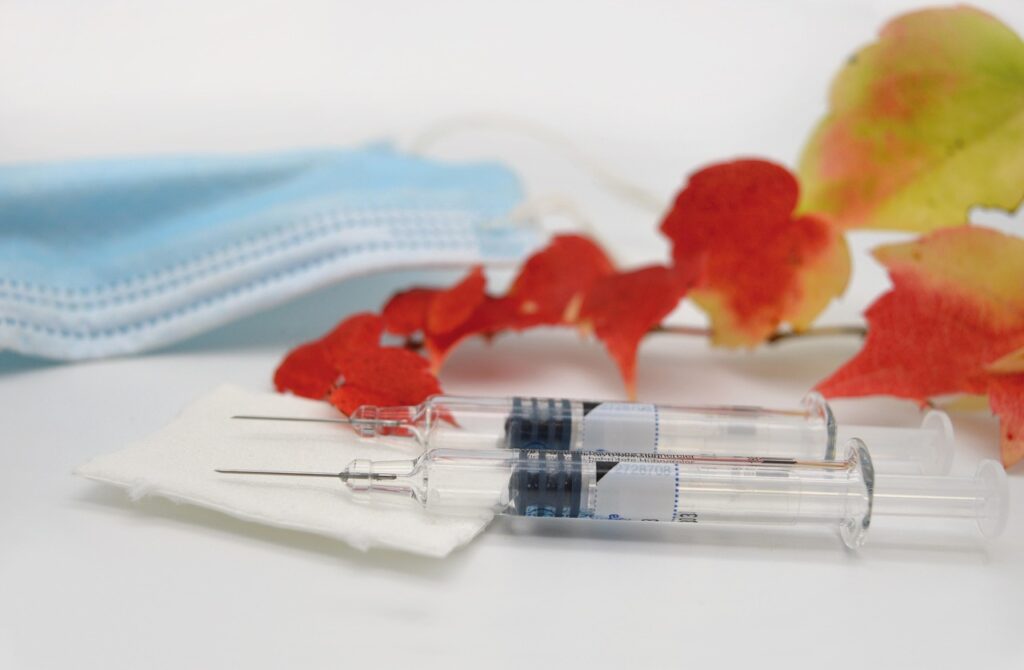Gonorrhea is a common sexually transmitted infection with serious health consequences if left untreated. Testing for gonorrhea is essential for early detection and timely treatment.
While gonorrhea test kits can provide convenience and privacy, there is always a small possibility of a wrong result.
Let’s look at the factors contributing to a wrong result and the steps you can take if you suspect an incorrect outcome.
1. Test Accuracy
Gonorrhea test kits are designed to provide accurate results, but like any medical test, they are not infallible. Causes for potential errors can include improper sample collection, user error, or limitations in the test’s sensitivity.
Additionally, recent antibiotic use or testing during incubation can affect test results. It’s essential to follow the instructions carefully and consider the potential limitations of the test.
2. False Positive Results
A false positive result occurs when the test indicates the presence of gonorrhea when, in fact, the person does not have the infection. False positives can be caused by cross-reactivity with other bacteria or substances present in the sample.
If you receive a positive result, seeking further testing and consultation with a healthcare professional for confirmation and appropriate treatment is important.
3. False Negative Results
A false negative result occurs when the test indicates the absence of gonorrhea when the person has the infection. False negatives can happen if the test is taken too soon after exposure and insufficient antibodies or bacterial genetic material are present to produce a positive result.
It is crucial to follow the recommended testing timeframe and consider the possibility of false negatives if symptoms persist or if there is ongoing risky behavior.
4. Follow-up Testing
If you suspect a wrong result, seeking follow-up testing at a healthcare facility is recommended. Healthcare professionals can perform more accurate laboratory-based tests, such as nucleic acid amplification tests (NAATs), which are highly sensitive and specific for detecting gonorrhea.
They can also consider your medical history, symptoms, and other risk factors to inform the diagnosis.
5. Consultation with Healthcare Professionals
If you receive conflicting results or are unsure about the accuracy of your test, it is crucial to consult with healthcare professionals. They have the expertise to interpret test results, evaluate your overall health, and guide you through appropriate treatment options.
They can also provide counseling on safe sexual practices, partner notification, and prevention strategies.
6. Importance of Partner Notification
Regardless of the test result, if you have been diagnosed with gonorrhea or suspect an infection, it is important to notify your sexual partners so that they can also seek testing and treatment. This helps prevent further transmission and supports public health efforts to control the spread of gonorrhea. While gonorrhea test kits offer convenience and privacy, the possibility of a wrong result exists. False positive and negative results can happen, affecting the accuracy of the diagnosis. Following up with healthcare professionals for further testing and guidance is crucial.





